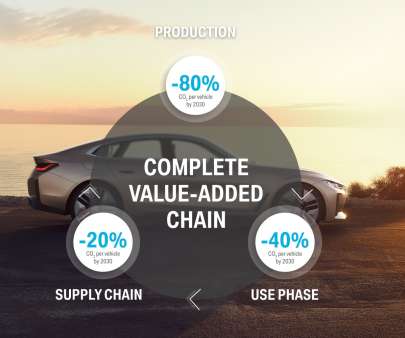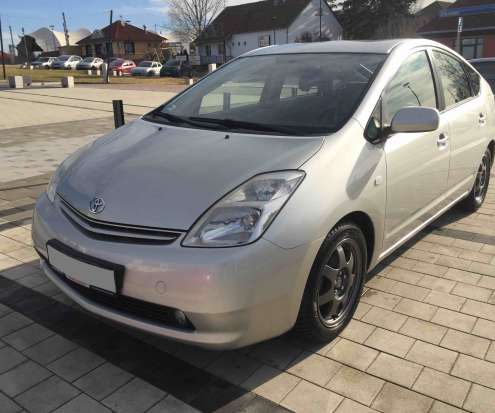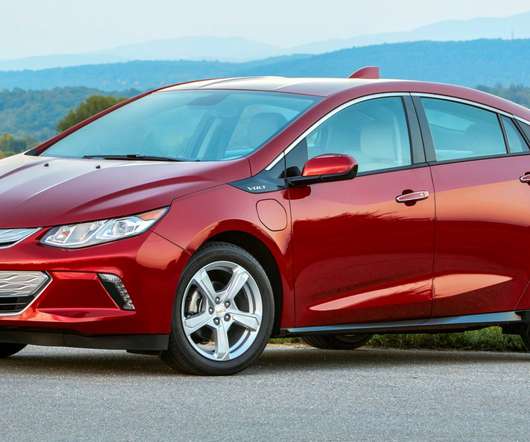BMW Group makes sustainability and efficient resource management central to its strategic direction
Green Car Congress
JULY 28, 2020
The BMW Group is making sustainability and resource efficiency central to the company’s strategic direction. The principle of continuous improvement will remain at the heart of the strategy to reduce CO 2 emissions and increase resource efficiency. Product strategy: fully-electric models in high-volume series. degree goal.









































Let's personalize your content